The Americans are certainly hero worshippers, and always take their heroes from the criminal classes
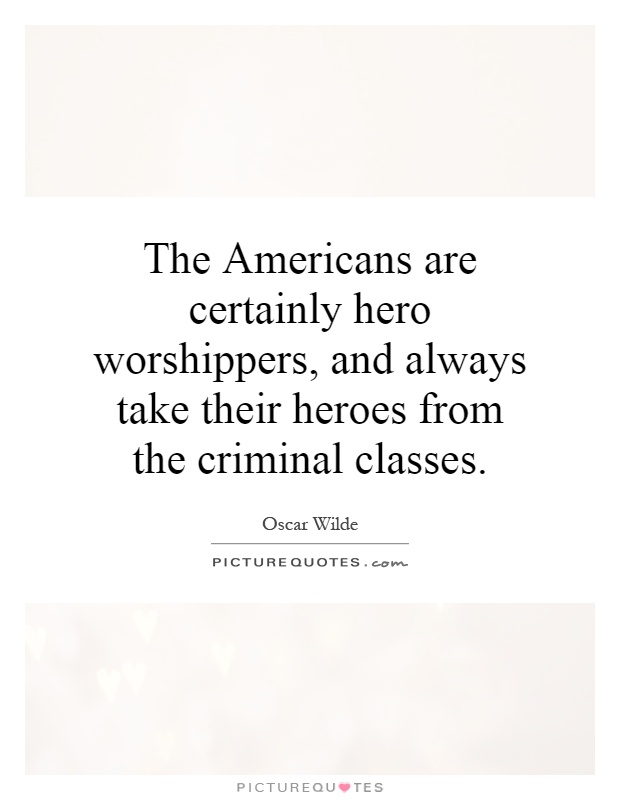
The Americans are certainly hero worshippers, and always take their heroes from the criminal classes
Oscar Wilde, the renowned Irish playwright, poet, and author, was no stranger to the concept of hero worship and the fascination with individuals from the criminal classes. In fact, Wilde himself became somewhat of a hero to many during his time, despite his own controversial personal life and legal troubles.Wilde was known for his wit, charm, and flamboyant personality, which captivated audiences and earned him a loyal following. However, his reputation was tarnished when he was convicted of "gross indecency" in 1895 for his homosexual relationships, which were illegal at the time. Despite this setback, Wilde continued to be admired and revered by many, even after his fall from grace.
The idea that Americans are hero worshippers and often look to individuals from the criminal classes as their heroes can be seen in the way Wilde was both celebrated and condemned during his lifetime. While some viewed him as a criminal and a disgrace to society, others saw him as a martyr for his beliefs and a champion of individualism and artistic freedom.
Wilde's own views on hero worship and the criminal classes can be seen in his works, particularly in his play "The Picture of Dorian Gray." In this novel, the character of Dorian Gray becomes a hero to those around him, despite his immoral and criminal actions. Wilde explores the idea of the duality of human nature and the allure of the forbidden, which can be seen in the way society often elevates individuals who break the rules and defy convention.
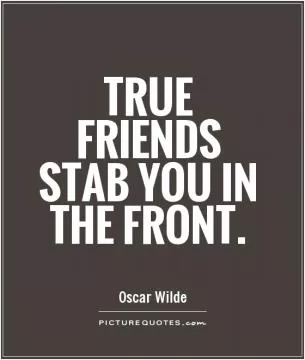


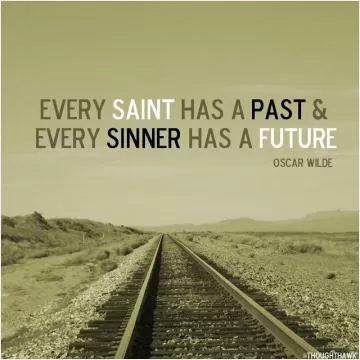

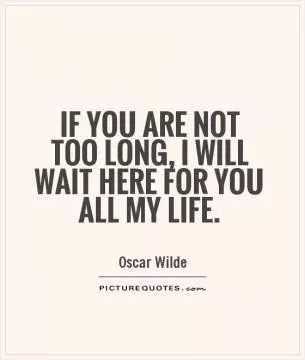
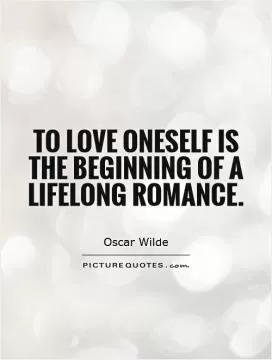

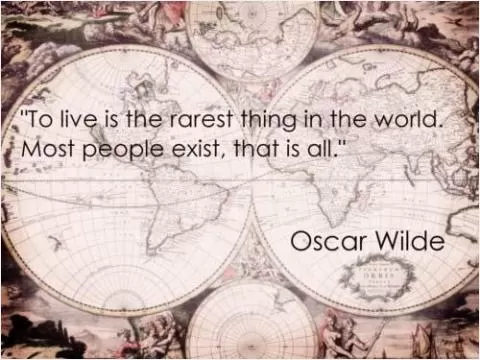
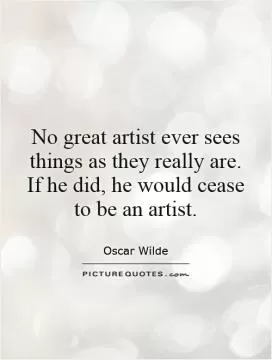

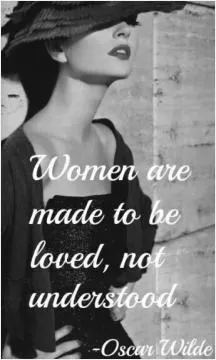
 Friendship Quotes
Friendship Quotes Love Quotes
Love Quotes Life Quotes
Life Quotes Funny Quotes
Funny Quotes Motivational Quotes
Motivational Quotes Inspirational Quotes
Inspirational Quotes